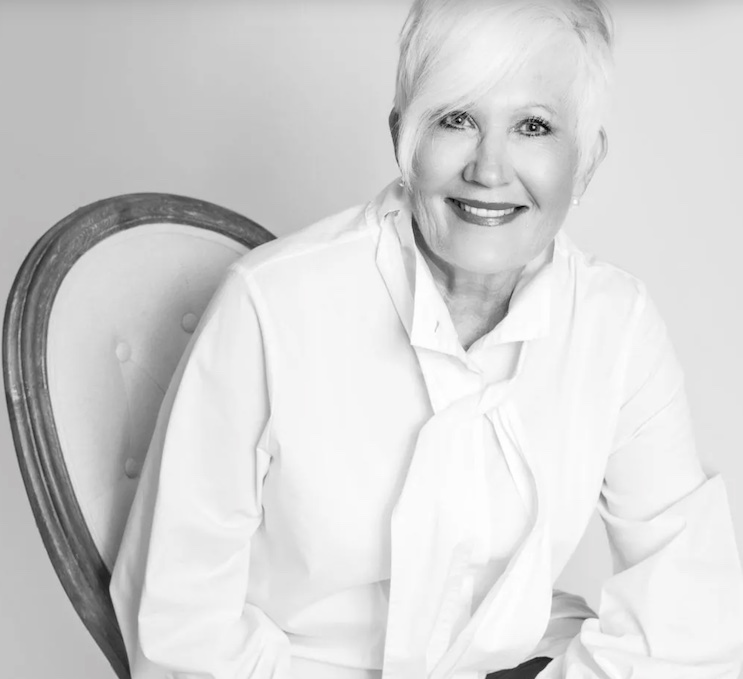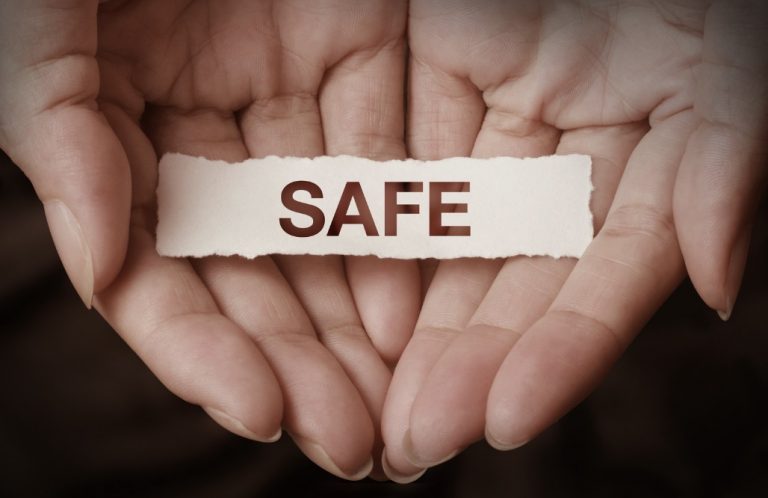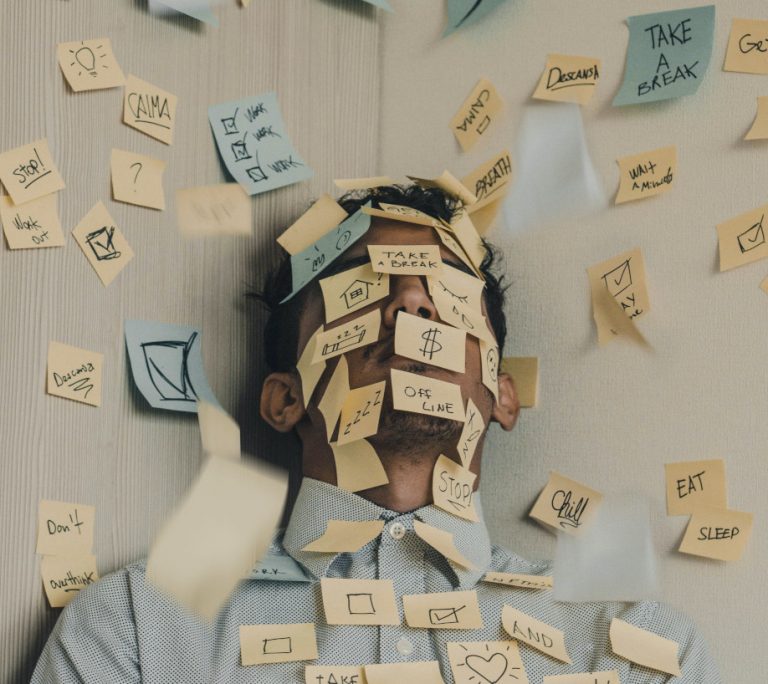
How can ART help prevent Alzheimer’s?
The month of June calls to create awareness around Alzheimer’s, Brain Health, and PTSD. As we reflect on the realities of PTSD and Alzheimer’s, we cannot help but acknowledge the increasing correlation between these two topics. Fortunately, Brain Health Awareness Month highlights the importance of understanding trauma’s adverse effects on the brain. As consciousness around …

Practicing Self-Compassion as an ART Practitioner
As ART delivers results in a shorter amount of time with less verbal discussion around traumatic stories, therapists often experience less compassion fatigue than in other therapies. However, as you hold space for the suffering of others in any capacity, it is still possible to feel burned out from time to time. For this reason …
Practicing Self-Compassion as an ART Practitioner Read More »

How does an ART-Trained Practitioner Prepare for Trauma Healing?
When a focus is on trauma healing, where does a practitioner begin? Thousands of trained clinicians have become familiar with the efficacy of Accelerated Resolution Therapy (ART) in treating a myriad of mental health conditions caused by trauma. The question ART-trained practitioners most often ask is, “What do you do before ART?” Colleen Clark,RCSW Master …
How does an ART-Trained Practitioner Prepare for Trauma Healing? Read More »

What makes Accelerated Resolution Therapy “Trauma-Informed”?
Peri L. Rainbow, MPS, is an author, clinician, educator, activist, and survivor of sexual and physical assault. Her newest book, “#MeToo…Now What? The Safety Factor,” illustrates her struggles and epiphanies in her recovery process and highlights the need for trauma-informed treatment and societal reform. Her book serves as a practical guide for practitioners and those …
What makes Accelerated Resolution Therapy “Trauma-Informed”? Read More »

Increasing self-love with Accelerated Resolution Therapy (ART)
Why we love Accelerated Resolution Therapy as a self-love practice February is often associated with Valentine’s Day; Valentine’s Day is often associated with romantic love. During this month, we focus on showering love on others. Yet, it’s quite common to feel alone or like a failure on this “coupled” holiday if you are unattached. If …
Increasing self-love with Accelerated Resolution Therapy (ART) Read More »

5 Psychological Reasons Why Your Resolutions Fail (what to do about it)
It’s that time of year again, the New Year. If you’re like most people, you have resolved to start making changes in your life. Now that the month is halfway over, how successful have you been at keeping your resolution? If you find yourself already falling short of the goals you’ve set for yourself, you’re …
5 Psychological Reasons Why Your Resolutions Fail (what to do about it) Read More »

Do the Holidays Make You Sad?
Experiencing holiday sadness is called the “holiday blues” or “holiday depression” and can be common this time of year. A greater amount of expectations are placed on us during this time, which brings about more stress for the average person. Those struggling with mental health issues are often especially affected by the holidays. Holiday blues …

How can I cope with stress?
November 2nd, 2022 was International Stress Awareness Day, as the International Stress Management Association declared. Many people find this time of year to be the most stressful with approaching holiday commitments. What contributes to this stress? Stress shows up when the demands of a situation exceed the available resources to meet them. Time, money, energy, …

Why isn’t talk therapy helping?
“Psychologists usually try to help people use insight and understanding to manage their behavior. However, neuroscience research shows that very few psychological problems are the result of defects in understanding; most originate in pressures from deeper regions in the brain that drive our perception and attention. When the alarm bell of the emotional brain keeps …

Are you in "Survival Mode"?
“I’m ALWAYS tired” was a common statement Janine heard herself say throughout the day. Not only did she feel exhausted at the end of the day, but she woke up feeling unrested. Strangely, however, she felt both tired and “wired” once bedtime came. As she moved through her day, she felt she was only …
